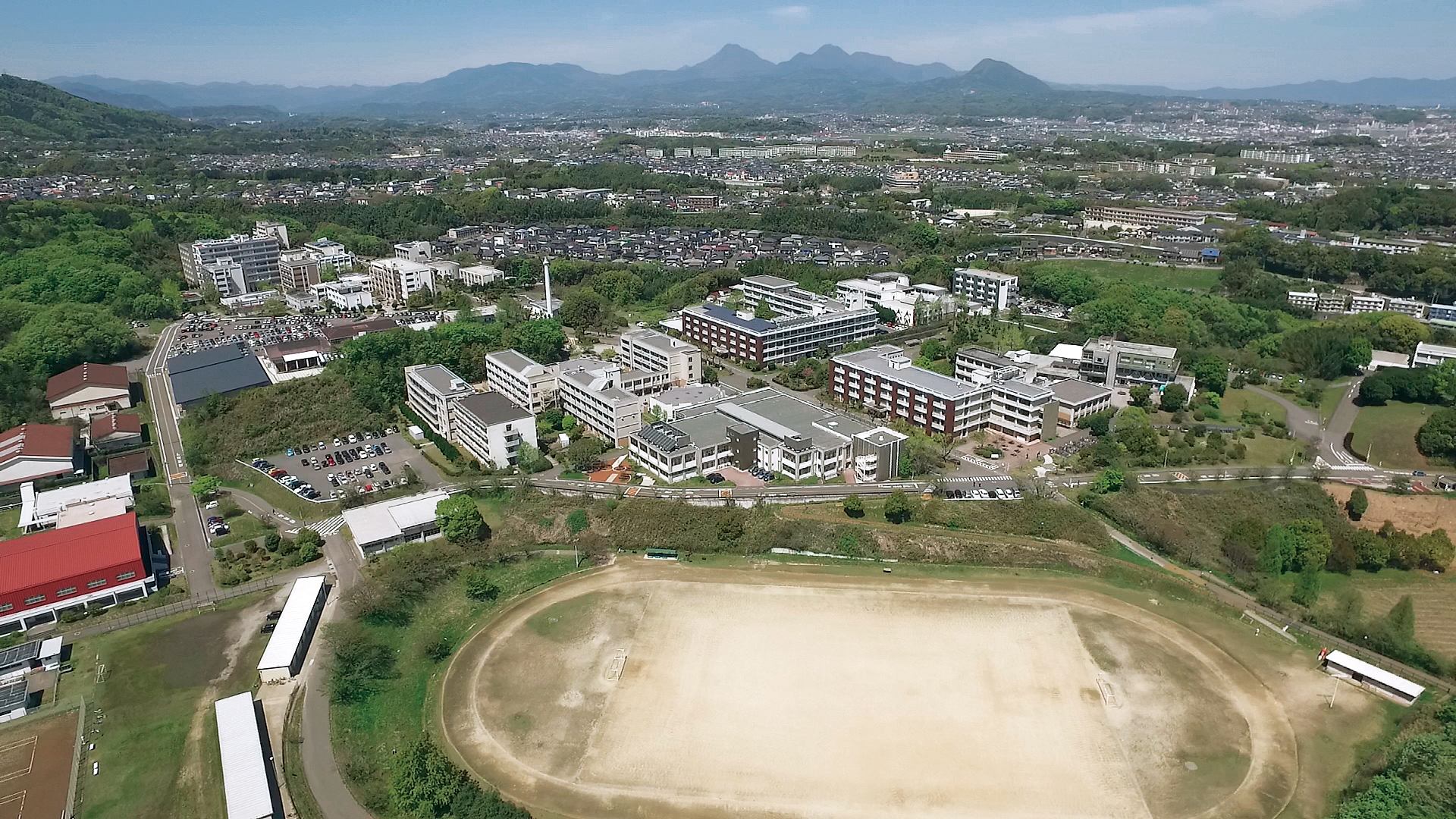Living With an Alcoholic Narcissist
They may pretend to be nice for a short while to get other people to leave them alone. Even if their behaviors hurt others, alcoholics do what they feel they need to continue drinking. The current study explored the relationship between narcissism and alcohol use, alcohol-related problems, problem recognition, evaluation, and problem expectancies in a college population. Grandiose and vulnerable narcissism differentially predicted all five of the outcomes. Multiple regression analyses were conducted in Stata 14 (StataCorp, 2014).
- If they are cut off from alcohol, they may become angry or violent.
- Detoxification is usually the first phase of a comprehensive treatment plan.
- Narcissism frequently has other symptoms such as depression, bipolar disorder (BPD), anxiety, and drug or alcohol abuse disorder.
- The outlook of co-occurring NPD and AUD may depend on the severity of each condition and how each individual is functioning.
Individuals who are experiencing these symptoms would benefit from considering a treatment program for alcohol abuse. A person struggling with alcoholism can appear to dismiss friends and family to spend time with others that support their need to drink excessively. To family, it can appear that their loved one is putting these newfound friends ahead of them (similar to what a narcissist would do).
Similarities and Differences: Narcissism and Alcoholism
Positive affirmations from others discounting the negativity will build up the narcissist’s insatiable need for attention and accolades. Someone engaging in narcissistic abuse often has little respect for boundaries. When you try to set or enforce limits, they might challenge them, completely ignore them, or give you silent treatment until you do what they want. This article covers possible signs of narcissistic abuse, but these are tentative, and many may or may not occur in different cases. It is important to note that narcissism manifests in many possible ways, and having an NPD diagnosis does not mean a person will engage in emotional abuse.
NPD diagnosis
All these factors increase the likelihood of a narcissist developing a problem with alcohol. This shouldn’t come as a surprise when considering why people are driven to drink. For instance, they tend to demonstrate a lack of empathy and are prone to anger, irritability, and impulsivity outbursts.
They fail to keep promises, fulfill obligations, or pay attention to what other people need. At the expense of other people, they focus on themselves a timeline for the restoration of cognitive abilities after quitting alcohol and on getting the next drink. Another study from 2019 found a link between drinking and the narcissistic traits of devaluing and entitlement-rage.
They may also defend the narcissist’s actions and make excuses for them, even if they are hurtful or abusive. This behavior is a defense mechanism that allows enablers to avoid confronting the reality of the situation and the narcissist’s behavior. They may refuse to acknowledge the impact of their actions on others, instead choosing to blame others for their problems. This can make it difficult to have honest and open communication, as they may become defensive or aggressive when confronted with their behavior.
The Narcissistic Addict
While narcissism and alcoholism don’t always occur together, there are some reasons why narcissists might be more prone to developing an alcohol use disorder than the average person. If someone has AUD as well as a personality disorder, it’s recommended that both are treated at the same time to improve their chances of recovery. The study commented that people who show grandiose traits may have feelings of importance in an environment of drinking where this quality may thrive.
What Is EtOH? Ethanol Abuse
This finding was echoed in a 2021 Rutgers study that identified an interaction between genes and environmental factors. In 2016, a survey revealed that 21 million Americans, or one in seven, suffer from a substance abuse disorder, and only 10% seek treatment (Hafner). Narcissistic abuse syndrome is a non-medical term for feelings of anxiety, avoidance, and fear due to emotional abuse from someone with narcissistic personality disorder (NPD). A comprehensive recovery plan is the safest and most effective way to overcome a co-occurring disorder.
Any kind of abuse can take a significant toll on mental and physical health. If your loved ones still doubt you or tell you to just move on, you may feel unheard and unsupported. This can make it hard to trust people again, leaving you feeling isolated and alone.
Then, when you try explaining the abuse, your loved ones might side with them. By telling stories to your loved ones that twist the facts about your “harmful” or “unstable” behavior, the narcissist tries to discredit you. Even worse, when you react angrily (who wouldn’t?), they can use your response to back up their lies. In public, these behaviors might be so well disguised that others hear or see the same behaviors and fail to recognize them as abuse. Some people may also refer to this as narcissistic victim syndrome. They will often be convinced that they’re entitled to do whatever they want and that their drinking isn’t a problem but a social benefit.
Alcohol lowers inhibitions, making it easier for narcissists to act on their desires and impulses without feeling restrained by social norms or consequences. This can lead to even how to open an inmates halfway house in 2023 business plan more grandiose and attention-seeking behaviors. When discussing the relationship between narcissism and alcoholism, it’s helpful to divide narcissists into two distinct groups.
Though it is against our prediction, it isn’t completely surprising that vulnerable narcissists expect to experience problems. Vulnerable narcissism was a significant predictor of problem recognition. This means that vulnerable narcissists tended to recognize the existence of alcohol problems. Future research could test some of these alternative explanations.
They will fabricate stories of victimization or exaggerate minor issues to gain validation and emotional support while using their drunken state to excuse their behavior. While on a drinking binge, a narcissist may start fabricating stories to secure the attention and sympathy of those around them. Studies suggest that “narcissists have higher cortisol and cardiovascular reactivity in socially threatening situations” and experience more stress. They may therefore use alcohol as a form of medication to cope with those negative feelings.
Tranq Drug: Understanding Its Impact and Risks
Alcoholics do the same when they put their drinking first without concern for how it affects others. Narcissists will also deny that there is anything wrong with them. In a conflict, a narcissist will turn everything around on you, gaslight, and refuse to apologize or agree to change. You nor your loved one are under any obligation to commit to an Ark Behavioral Health treatment program when calling our helpline. Alcoholism is a chronic, progressive, complicated disease that is hallmarked by an unmanageable compulsion to drink alcohol. Regardless of consequences, an alcoholic will find a reason to drink, even if they have to make one up and deny the actual repercussions.
This may include practicing mindfulness, engaging in physical activity, or finding creative outlets for stress relief. Groups that provide support, such as 12-step programs, are an important resource for those in recovery. The purpose of these groups is to provide a safe and supportive 4 ways to relax without alcohol environment where you can share your struggles and receive encouragement and guidance from others. Enablers are often family members, friends, or partners who feel responsible for the narcissist’s well-being and believe that they must do whatever it takes to make the narcissist happy.



